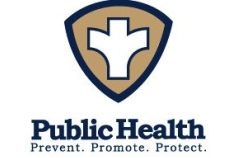Middle-Brook Regional Health Commission
“Healthy People and Places – A Healthy Community”
Serving Green Brook, Warren, Watchung and Bridgewater
“Healthy People and Places – A Healthy Community”
Serving Green Brook, Warren, Watchung and Bridgewater
Snow/Blizzard/Cold
Extreme Heat
Power Outage
Flood
